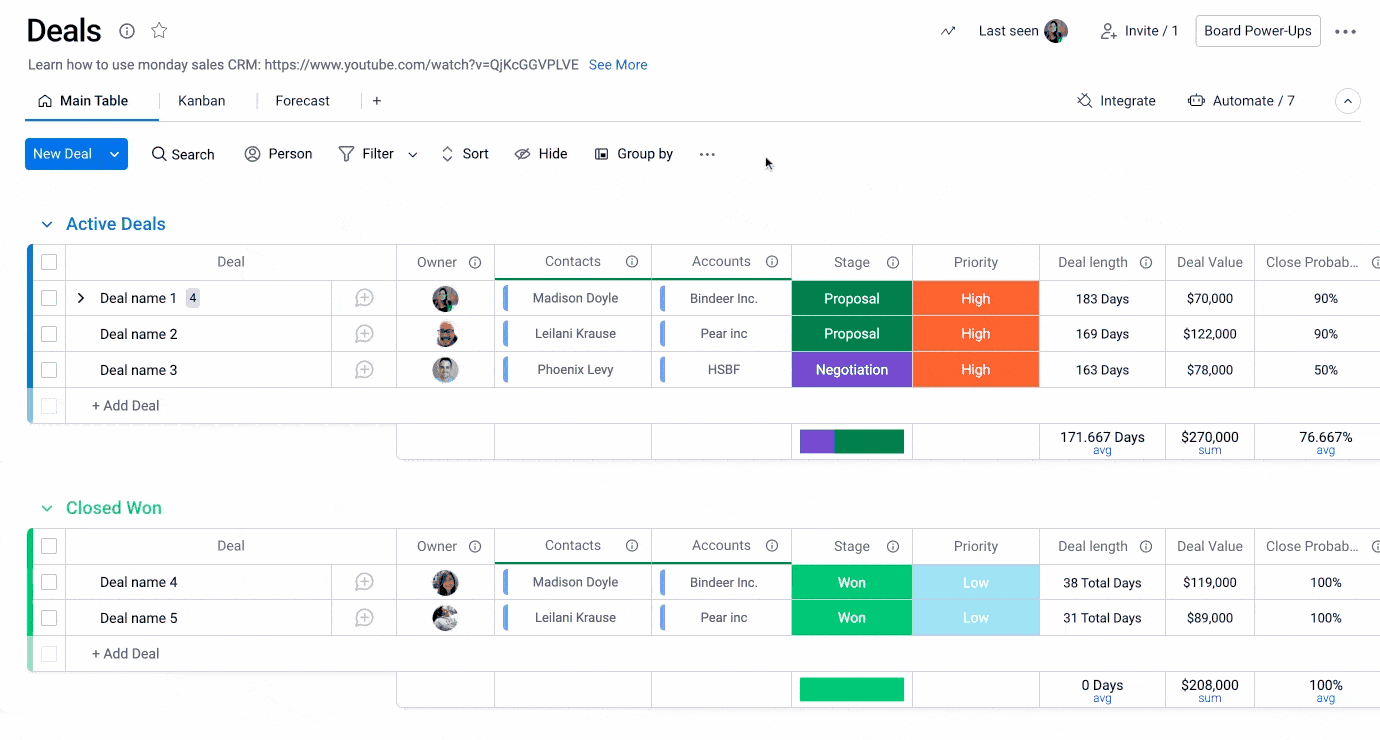What is a Sales Pipeline?
A sales pipeline is a visual representation of your sales process that tracks potential buyers as they progress through different stages of the purchasing journey. Think of it as a roadmap that guides your sales efforts from initial contact to final sale, providing clarity on where each opportunity stands and what needs to happen next. Unlike the more general concept of a sales funnel, a pipeline focuses on the specific stages and actions required to move deals forward.

Understanding Pipeline Stages
The journey from prospect to customer follows a natural progression through several key stages:
- Lead Generation: Identifying potential opportunities through marketing campaigns, referrals, or direct outreach
- Qualification: Evaluating whether prospects have both the need and capacity to purchase
- Meeting/Discovery: Building relationships and understanding specific needs in detail
- Proposal: Presenting formal solutions and articulating value propositions
- Closing: Finalizing negotiations and securing decisions
Each stage requires different strategies and approaches, but all work together to create a smooth, efficient sales process. The key is understanding what needs to happen at each stage to move opportunities forward effectively.

The Power of Effective Pipeline Management
A well-managed pipeline transforms the way sales teams operate. It provides unprecedented visibility into the sales process, enabling teams to forecast revenue with greater accuracy and identify potential bottlenecks before they impact results. This visibility helps sales leaders make informed decisions about resource allocation and strategy adjustments.
The most significant benefits of proper pipeline management include:
- Improved forecast accuracy and revenue predictability
- Better resource allocation and time management
- Early identification of potential roadblocks
- Enhanced team collaboration and communication
- More effective lead prioritization
Maximizing Pipeline Effectiveness
Success in pipeline management starts with maintaining clean, accurate data. Regular pipeline reviews help ensure that opportunities are properly staged and that stale deals aren’t artificially inflating forecasts. This discipline in pipeline management leads to more accurate forecasting and better decision-making.
Quality should always take precedence over quantity in pipeline management. Rather than filling the pipeline with marginally qualified leads, successful teams focus on opportunities that truly match their ideal customer profile. This approach typically leads to higher conversion rates and more efficient use of sales resources.
The Role of Technology
Modern CRM systems have revolutionized pipeline management by automating routine tasks and providing deep insights into pipeline health. These tools help sales teams maintain momentum by automating follow-ups, tracking customer interactions, and providing alerts when deals need attention.
Key features to look for in pipeline management tools include:
- Automated task creation and follow-up reminders
- Visual pipeline tracking and stage movement
- Performance analytics and reporting
- Team collaboration tools
- Integration with other business systems
Overcoming Common Challenges
Every sales organization faces the challenge of keeping deals moving through the pipeline at an appropriate pace. The key to preventing stagnation lies in establishing clear criteria for each pipeline stage and implementing consistent follow-up protocols. Regular pipeline reviews help identify stuck deals early, allowing sales leaders to provide additional resources or guidance when needed.
Common pipeline challenges and their solutions include maintaining deal momentum, balancing opportunity stages, and ensuring data accuracy. Success comes from combining powerful tools with disciplined processes and regular review cycles.
Looking Ahead
The future of pipeline management lies in the intelligent application of data analytics and artificial intelligence. These technologies are already helping sales teams identify patterns in successful deals, predict potential roadblocks, and recommend next best actions for moving opportunities forward.
By implementing a well-structured sales pipeline and maintaining it with discipline, sales teams can transform their approach from reactive to proactive. This transformation leads to more predictable revenue, better resource allocation, and ultimately, improved sales results. Remember, a sales pipeline isn’t just about tracking deals—it’s about creating a systematic approach to sales success that can be replicated and refined over time.


